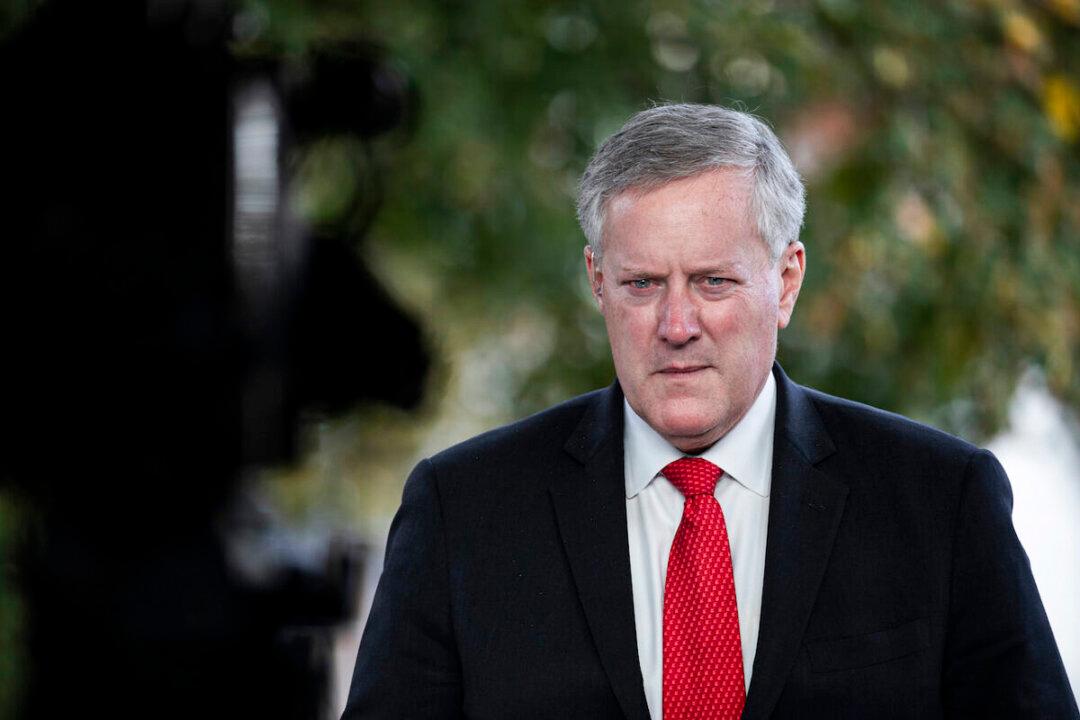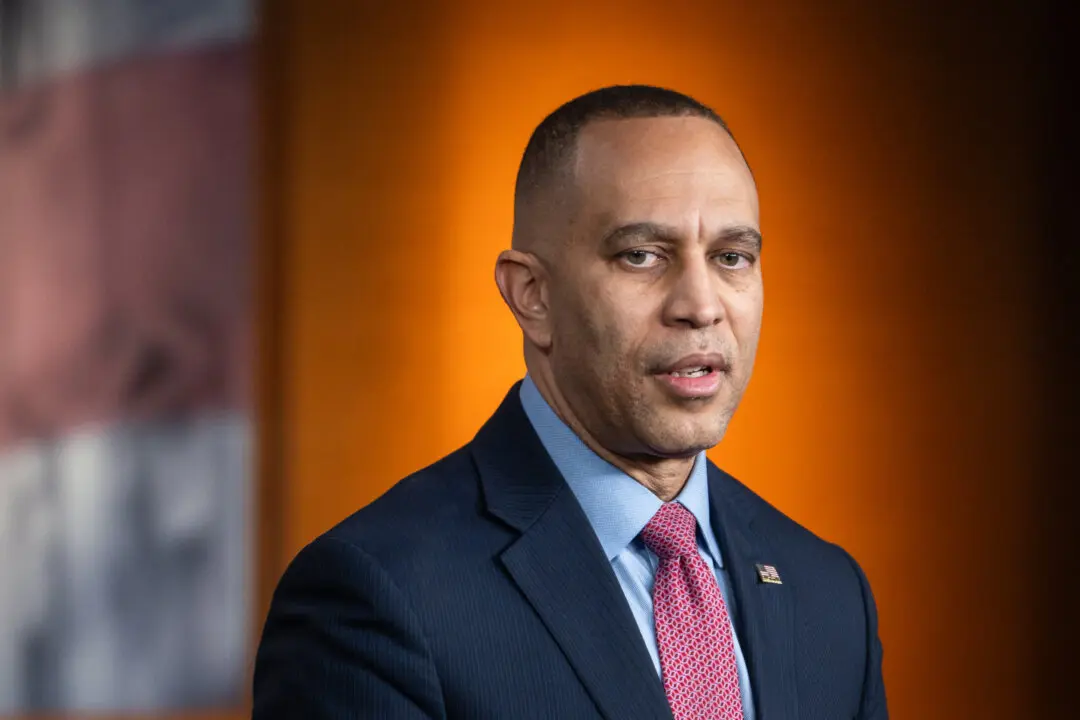Mark Meadows, who served as White House chief of staff under then-President Donald Trump, is petitioning the Supreme Court to review his request to move the Georgia election racketeering case against him and former President Trump, among others, to federal court, where he would seek dismissal under a federal immunity defense.
His lawyers filed the petition to the Supreme Court on July 26 after the U.S. Court of Appeals for the 11th Circuit ruled in December 2023 that former federal officials are not covered by the federal officer removal statute. Judge William Pryor wrote for the three-judge panel in that ruling that “Meadows, as a former chief of staff, is not a federal ‘officer’ within the meaning of the removal statute” and that “even if Meadows were an ‘officer,’ his participation in an alleged conspiracy to overturn a presidential election was not related to his official duties.”





